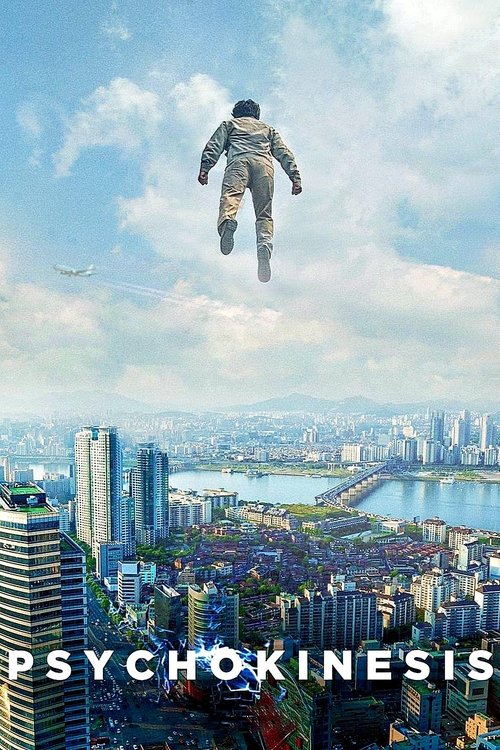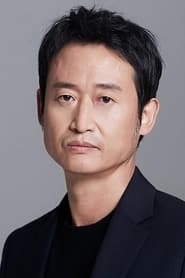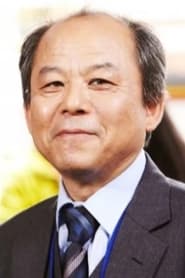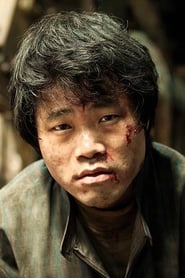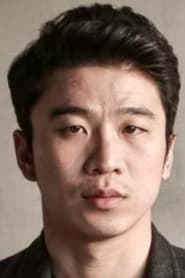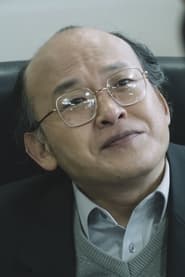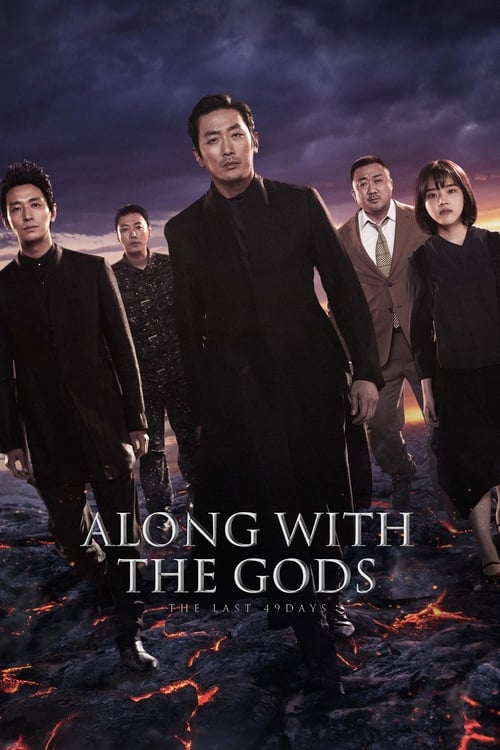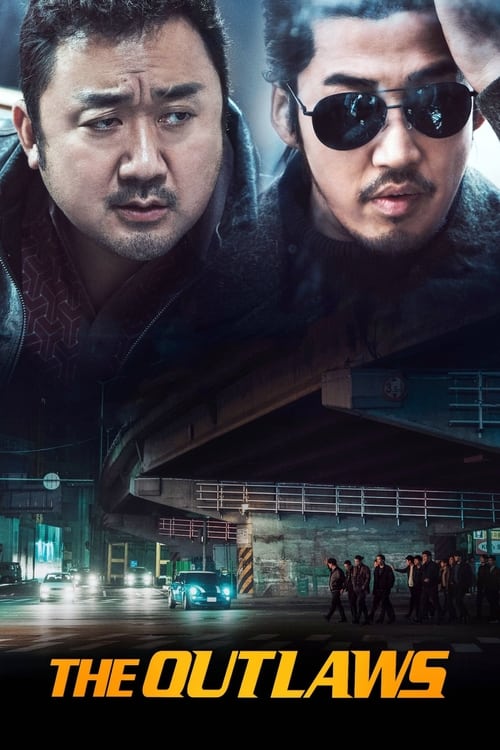
Ask Your Own Question
What is the plot?
What is the ending?
In the ending of "Psychokinesis," the protagonist, Seok-heon, confronts the corrupt construction company threatening his daughter, Shin-hee, and her community. He uses his telekinetic powers to fight against the thugs and protect the people. Ultimately, he sacrifices himself to save Shin-hee and the others, leading to a climactic showdown. The film concludes with Shin-hee mourning her father but also finding strength in the community he helped protect.
As the film approaches its climax, Seok-heon, having fully embraced his telekinetic abilities, prepares for a final confrontation with the construction company that has been terrorizing his daughter, Shin-hee, and her neighborhood. The tension is palpable as he gathers the courage to face the thugs who have been harassing the residents, knowing that this battle is not just for his daughter but for the entire community.
In a dimly lit alley, Seok-heon stands resolute, his heart pounding with a mix of fear and determination. He recalls the moments of connection with Shin-hee, the regret of their estranged relationship, and the love that has driven him to this point. As he steps forward, he can feel the weight of his powers surging within him, a force he has struggled to control but now understands is his only chance to protect those he loves.
The scene shifts to a chaotic confrontation outside the construction site, where the thugs are gathered, ready to intimidate the residents. Seok-heon arrives, his presence commanding attention. With a flick of his wrist, he demonstrates his telekinetic abilities, sending debris flying and creating a barrier between the thugs and the frightened community members. The thugs, initially taken aback, quickly regroup and charge at him, but Seok-heon stands firm, channeling his powers to deflect their attacks.
As the fight escalates, Shin-hee watches from a distance, her heart racing with a mix of fear and pride. She sees her father fighting not just for her, but for everyone who has suffered under the construction company's greed. The emotional stakes rise as she realizes the depth of his love and sacrifice.
In a pivotal moment, Seok-heon faces the leader of the thugs, a menacing figure who embodies the corruption and violence that has plagued their lives. The two engage in a fierce battle, with Seok-heon using his telekinesis to hurl objects and create distractions. However, the thug retaliates with brutal force, and Seok-heon finds himself pushed to his limits.
In a heart-wrenching turn, Seok-heon makes the ultimate sacrifice. He uses the last of his strength to protect Shin-hee and the community, channeling all his powers into a final, desperate act that sends the thugs reeling. The scene is filled with tension as the air crackles with energy, and the ground shakes beneath them. In this moment, Seok-heon's love for his daughter and his desire to make amends for their past mistakes shine through.
As the dust settles, Seok-heon collapses, his body exhausted from the exertion. Shin-hee rushes to his side, tears streaming down her face as she realizes the gravity of what has just happened. In his final moments, Seok-heon looks at her with a mixture of pride and sorrow, whispering words of encouragement and love. He urges her to be strong and to continue fighting for what is right, instilling in her the courage to carry on without him.
The film concludes with Shin-hee standing amidst the community, now united and emboldened by her father's sacrifice. She mourns his loss but also feels a newfound strength, determined to honor his memory by continuing the fight against injustice. The final shot captures her looking out over the neighborhood, a sense of hope and resilience in her eyes, as she prepares to lead the community forward, embodying the spirit of her father's love and sacrifice.
Is there a post-credit scene?
Yes, "Psychokinesis" features a post-credit scene.
In this scene, after the main credits roll, we see a brief moment that adds a layer of intrigue to the film's conclusion. The camera pans to a park where a group of children are playing. Among them, a young boy is seen struggling to lift a heavy rock, attempting to impress his friends. As he strains and grunts, the scene shifts to a close-up of his face, revealing a mix of determination and frustration.
Suddenly, the rock begins to levitate slightly off the ground, hinting at the boy's emerging psychokinetic abilities. The children around him gasp in awe, their eyes wide with surprise. The boy, initially shocked by his own power, looks around to see if anyone else noticed. The scene captures a moment of wonder and potential, suggesting that the legacy of psychokinesis may continue beyond the film's main characters.
This post-credit scene leaves viewers with a sense of curiosity and excitement about the possibilities of the powers introduced in the film, hinting at a new generation that might explore these abilities.
What powers does the main character, Seok-woo, discover he has?
Seok-woo discovers that he has psychokinetic abilities, allowing him to move objects with his mind. This power manifests after he is accidentally exposed to a mysterious substance while trying to save a woman from a falling object.
How does Seok-woo's relationship with his daughter, Shin-hee, evolve throughout the film?
Seok-woo's relationship with his estranged daughter, Shin-hee, evolves from one of neglect and distance to a deeper connection. Initially, he is portrayed as a selfish and irresponsible father, but as he learns to harness his powers, he becomes more protective and supportive of her, ultimately risking everything to save her.
What challenges does Seok-woo face while trying to use his powers to help his daughter?
Seok-woo faces numerous challenges, including the difficulty of controlling his psychokinetic abilities, the skepticism of those around him, and the physical and emotional toll that using his powers takes on him. He also confronts antagonistic forces, including a corrupt construction company that threatens his daughter's safety.
What role does the antagonist, the construction company, play in the story?
The construction company serves as the primary antagonist, representing greed and corruption. They are responsible for the dangerous conditions that threaten Shin-hee and her community, and their actions drive Seok-woo to use his powers in an attempt to protect his daughter and fight against their injustices.
How does the film depict the theme of sacrifice through Seok-woo's actions?
The theme of sacrifice is depicted through Seok-woo's willingness to put himself in harm's way to protect Shin-hee and others affected by the construction company's actions. His journey showcases his transformation from a self-centered individual to a devoted father who is ready to face danger and make personal sacrifices for the sake of his daughter's safety.
Is this family friendly?
"Psychokinesis," produced in 2018, is a South Korean film that blends elements of fantasy, action, and drama. While it has comedic moments and a heartwarming story about family and resilience, there are several aspects that may be objectionable or upsetting for children or sensitive viewers:
-
Violence: The film contains scenes of physical confrontations, including fights and property destruction, which may be intense for younger audiences.
-
Emotional Struggles: Characters experience significant emotional turmoil, including themes of loss, abandonment, and familial conflict, which could be distressing for sensitive viewers.
-
Social Issues: The film addresses serious social issues such as corruption, injustice, and the struggles of the underprivileged, which may be heavy topics for children.
-
Mild Language: There are instances of strong language that may not be suitable for younger audiences.
-
Supernatural Elements: The concept of psychokinesis and the portrayal of supernatural powers may be unsettling for some viewers, particularly younger children who might find it frightening.
Overall, while "Psychokinesis" has a positive message about family and empowerment, its themes and certain scenes may not be appropriate for all children or sensitive individuals.

